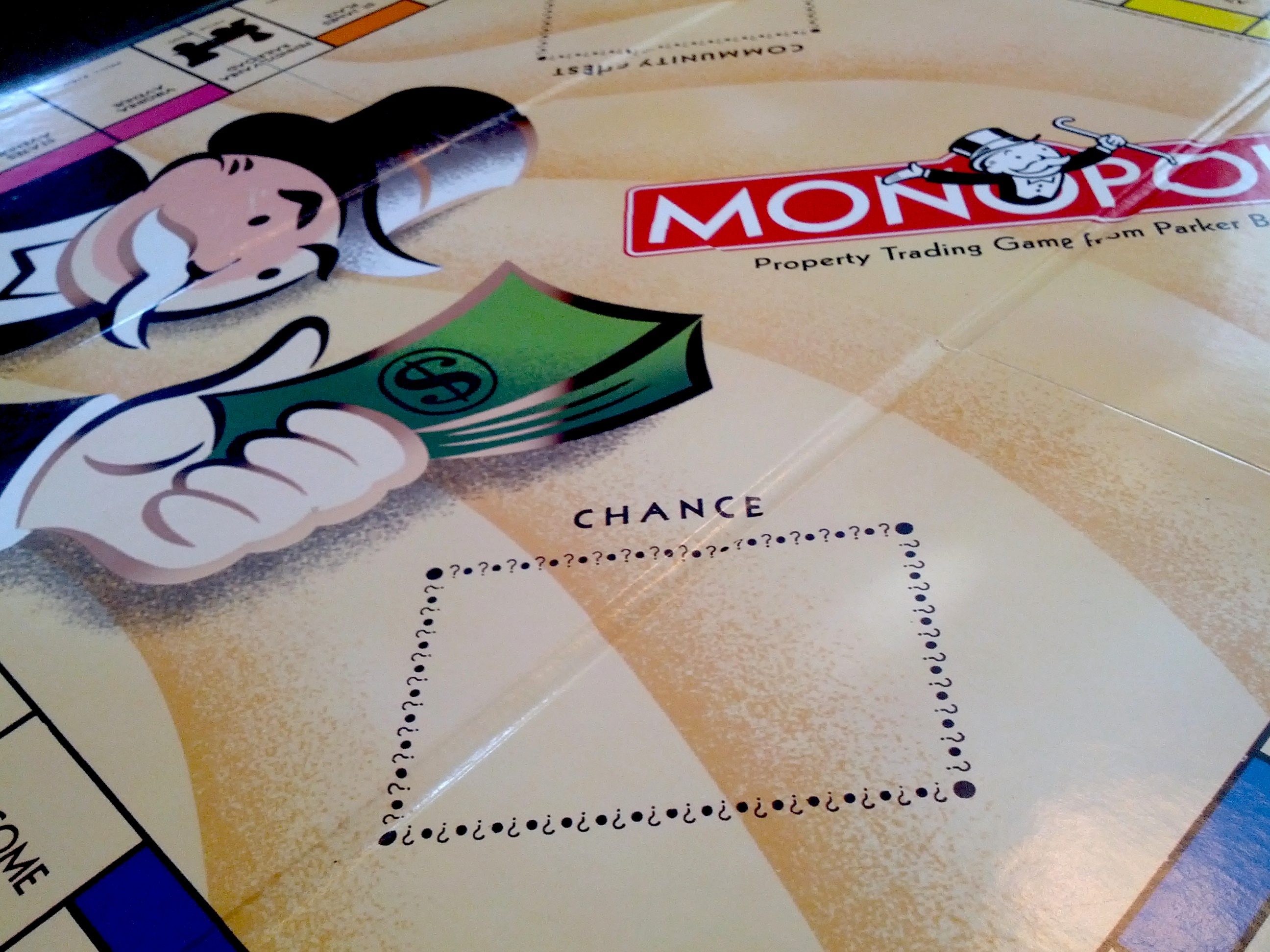The most notable news media event of the week goes to New York Daily News, which basked in the illumination of social media’s ire over accusations that writer Shaun King had plagiarized text verbatim from a story that appeared on the Daily Beast. But like so much that rises to the top of Twittersphere. the backstory is more complicated. Turns out that an editor removed attribution, accidentally, he says. The tabloid subsequently fired him.
Unless there was deliberate and chronic attribution removal, editor Jotham Sederstrom’s dismissal after seven years service stinks of face-saving. He made a mistake, two admittedly, and takes full responsibility. In a Medium post worthy of inclusion in J-School ethics classes, he writes: “This was my fault and I accept 100 percent of the blame”. That’s an editor you want on staff. He stands behind his writer, and rightly protects the only commodity any journalist can truly offer an audience: Trustworthiness.










